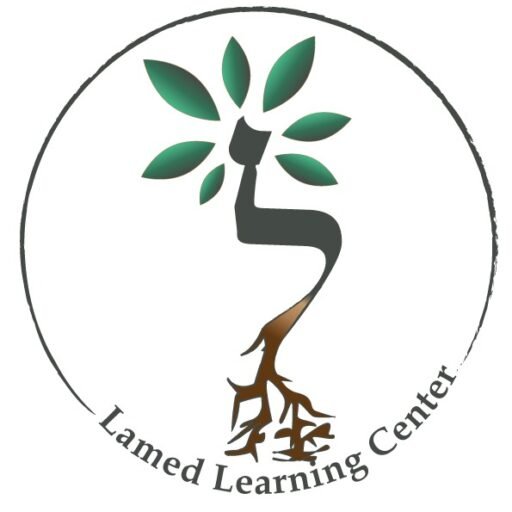One of the major events in Jewish history happens in Parashat Yitro. We learn about the revelation at Mt. Sinai where the Jewish people became a new nation. Instead of the nation being one where few people had the power; this nation would be made up of free people bound by a covenant with G-d based on a Moral Code.
As an American who has read many of the works of the founding fathers, it is clear to me where they received inspiration to create a new society where people were created equal by G-d.
Prior to the Jewish people entering the land of Israel and creating their own government, they joined the Covenant with G-d. This covenant was the foundation for creating moral rights. The Covenant, however, was not just forced on the people. They willingly agreed saying “Na’aseh V’nishma”- “We will do and we will hear”. Many times throughout Jewish history the agreement to continue the covenant has been tested: for example: when the Jewish people entered the land of Israel under the guidance of Joshua after Moses died. Another instance is when Esther and the rest of the Jewish people re-accepted the Covenant which is observed during Purim. Yet, the covenant lives on with us today with performance of Mitzvot (commandments), and the Moral Code created then, is just as important to us today.
The most well-known Moral Code is the 10 Commandments:
1. Believe in G-d
2. Don’t worship idols
3. Don’t take G-d’s name in vain
4. Keep Shabbat
5. Honor your parents
6. Don’t murder
7. Don’t commit adultery
8. Don’t steal
9. Don’t bear false witness
10. Don’t covet someone else’s property
